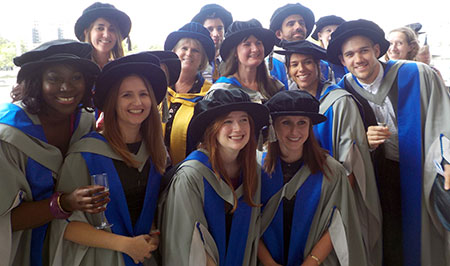Doctorate in Educational and Child Psychology
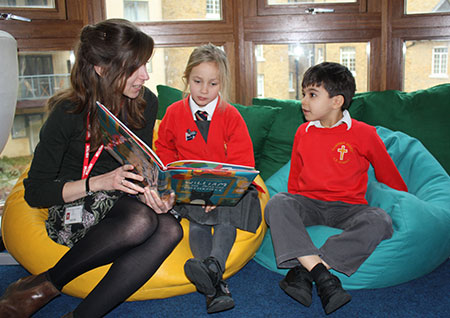
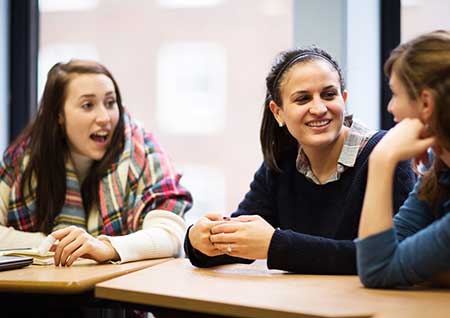
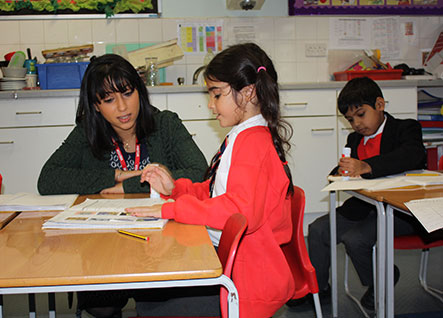

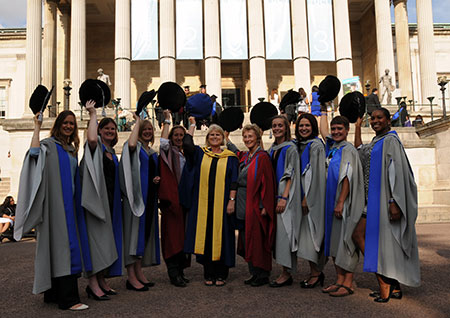
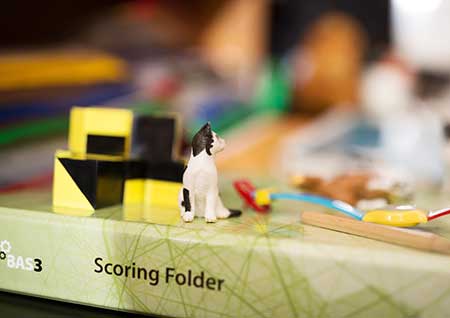
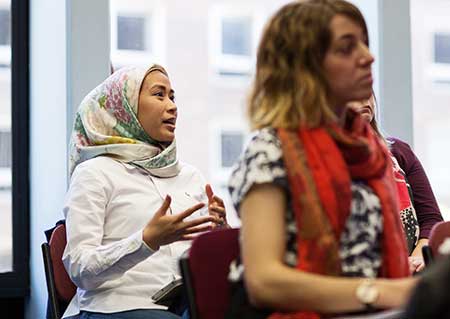
Our three year, full-time doctoral programme is approved by the Health and Care Professions Council (HCPC) and accredited by the British Psychological Society (BPS) for the professional training of educational psychologists. The overall aim of the programme is to enable trainee educational psychologists to integrate theory, research and practice effectively and to become competent, creative and accountable professional practitioners.
We have a long standing reputation for innovation and excellence in professional training in Educational Psychology. Some key features of our programme are:
- A reflective, Problem Based Learning (PBL) approach paired with innovative teaching and learning in Cognitive Behavioural Therapy (CBT), Video Interactive Guidance (VIG), and more
- A ‘Connected Curriculum’ integrating academic knowledge, research and professional practice
- A range of learner resources including the provision of laptops for trainees, an in-house psychological testing library and a self-contained teaching suite
- A first rate setting within the 83% REF research rated ‘world leading’ or ‘internationally excellent’ UCL Division of Psychology & Language Sciences, offering access to all UCL libraries, facilities and vibrant, central London campus
- Delivery and support from a committed and diverse tutor team, in addition to a range of high profile external speakers
- Opportunities for inter-professional training and cross-professional learning – for example workshops with Clinical Psychology trainees and Speech and Language Therapy trainees
Student Experience
Hear recent alumni and current students speak about their experiences on the programme:
Tutor Views
Hear our tutors talking about the Doctorate in Educational and Child Psychology at UCL:
We take student support very seriously on the Doctorate in Educational and Child Psychology programme. Below, Year 1 Co-ordinator and Professional Development (PD) Tutor Dr Gavin Morgan describes the support available to students on the programme:
 Close
Close



